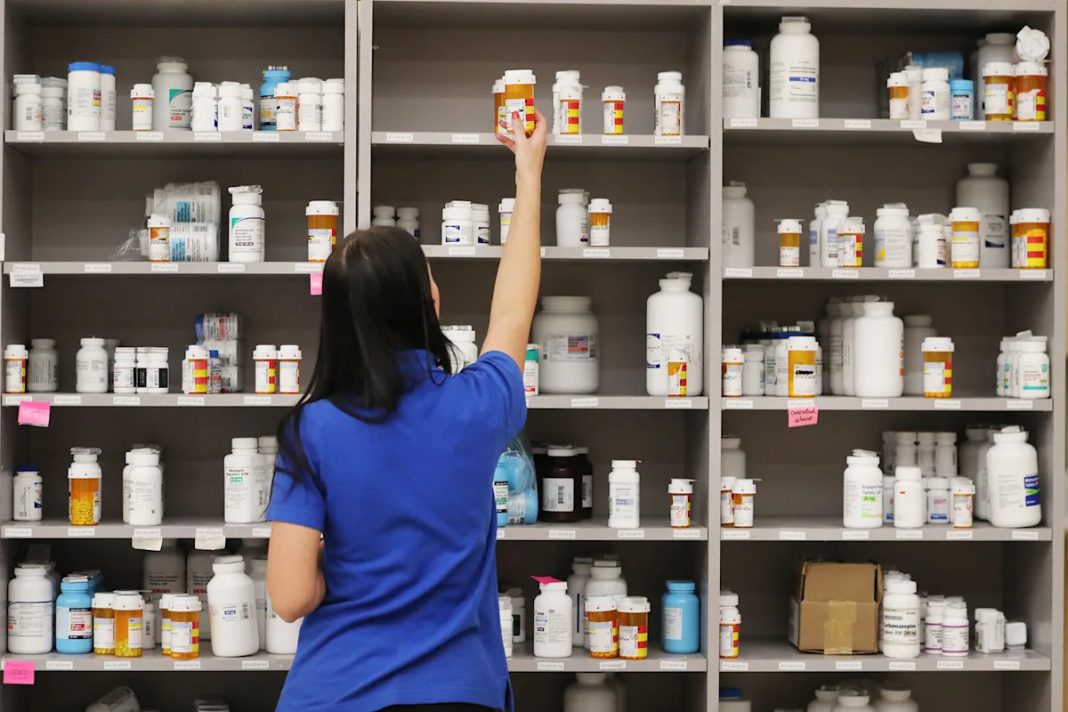In Donald Trump’s first term, the president routinely talked about his efforts to lower the costs of prescription medications, but he failed, and drug costs continued to climb. The Republican’s second term, however, was supposed to be different.
In fact, just a couple of months ago Trump appeared on Fox News, claimed he’d been “studying” the pharmaceutical industry — he’s quite the policy wonk, you know — and declared, “I figured it out.” Around the same time, the president signed an executive order ostensibly about lowering drug costs, though the directive didn’t do much.
Two months later, however, Trump is still talking about his ambitions on the issue.
At a White House event, the president boasted to a group of Republican allies, “We’re gonna get the drug prices down — not 30% or 40%, which would be great. Not 50% or 60%. No, we’re gonna get them down 1,000%, 600%, 500%, 1,500%.”
Trump added that this is “something that nobody else can do,” concluding that he intends to produce “numbers that are not even thought to be achievable.”
Oddly enough, he had a point — but not the one he was trying to make.
I can appreciate why some people struggle with math, but as the president really ought to understand, his claims were at odds with how arithmetic works.
If you go to a store and find a product that’s 50% off, that means the cost has been cut in half. If the product is 100% off, that means it’s free.
Trump, however, apparently intends to lower the cost of prescription drugs by up to 1,500%, which means that the medications wouldn’t just be free, it would also mean that pharmaceutical companies would be paying consumers quite a bit of money to take their products.
Or put another way, when the president said these are “numbers that are not even thought to be achievable,” he was correct, but not in the way he intended.
The rhetoric was certainly embarrassing, but there’s also a larger significance to this. For one thing, Trump appears to be so confident in his mathematical expertise that he’s come up with international trade tariff rates based on formulas that only exist in his head. That’s obviously unwise, but it appears worse in light of how unfamiliar he seems to be with how numbers work.
Complicating matters, when it comes to his administration’s and his party’s approach to the underlying issue (i.e., making prescription drugs more affordable), Trump conveniently overlooked some relevant details. The New York Times reported earlier this month:
The sweeping Republican policy bill that awaits President Trump’s signature on Friday includes a little-noticed victory for the drug industry. The legislation allows more medications to be exempt from Medicare’s price negotiation program, which was created to lower the government’s drug spending. Now, manufacturers will be able to keep those prices higher.
The Times cited an estimate from the nonpartisan Congressional Budget Office that found the Republican-imposed change will save the industry — the one the president claims to have “studied” — nearly $5 billion over the next decade.
Trump didn’t mention any of this as part of his discussion of medication costs. Imagine that.
This article was originally published on MSNBC.com

